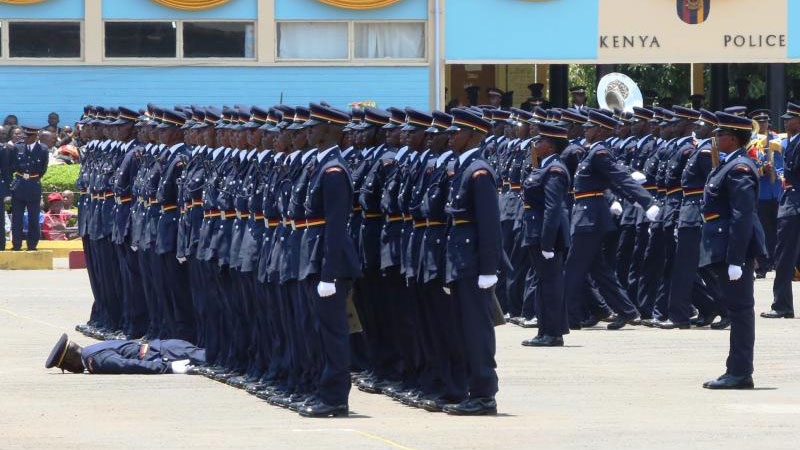×
The Standard e-Paper
Fearless, Trusted News

New progressive changes that aim to revamp the National Police Service (NPS) are underway. To date, a lot has been expended on NPS to make it more efficient and responsive to public need but sadly, there has been little to show for it.